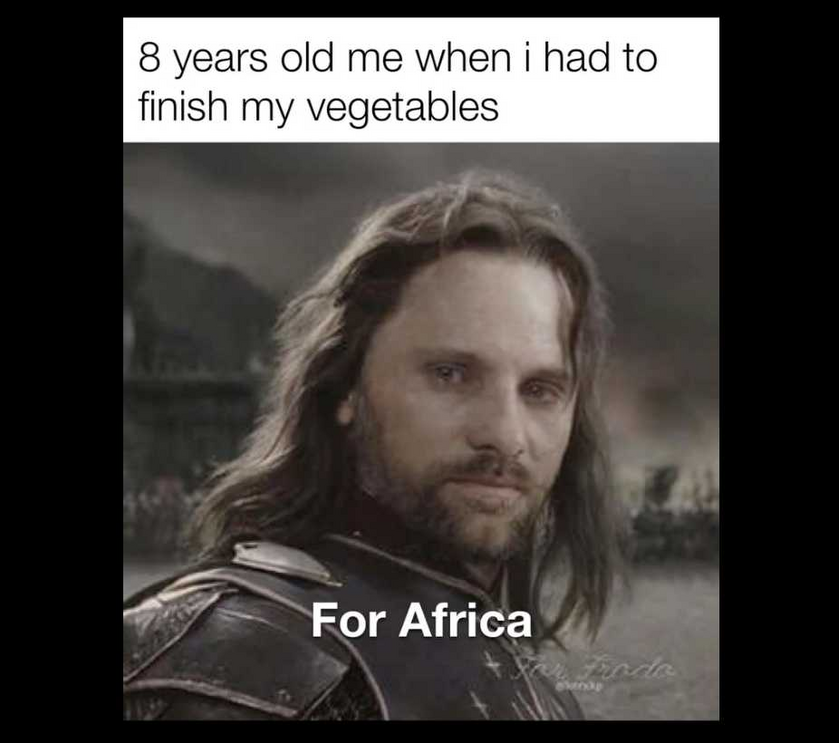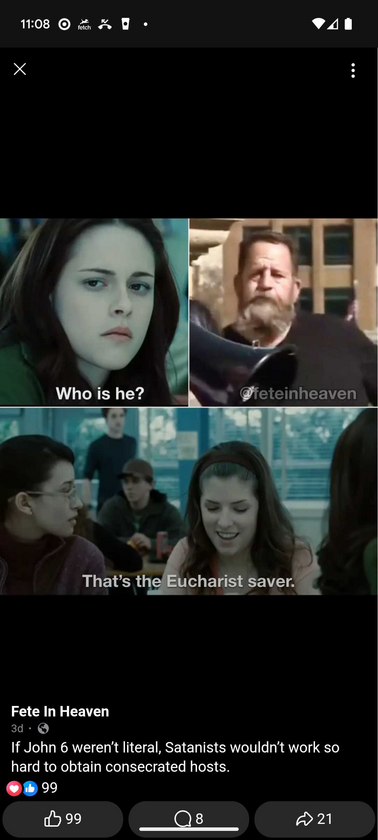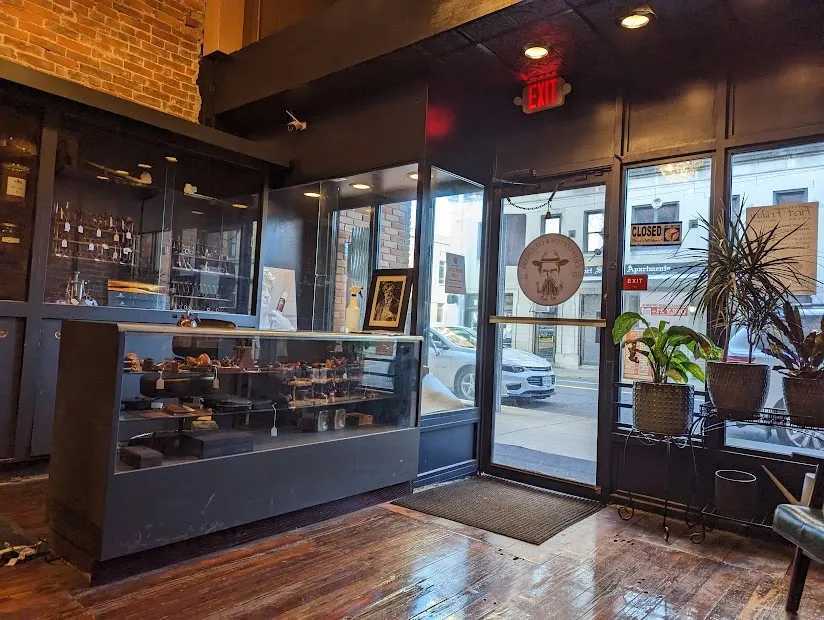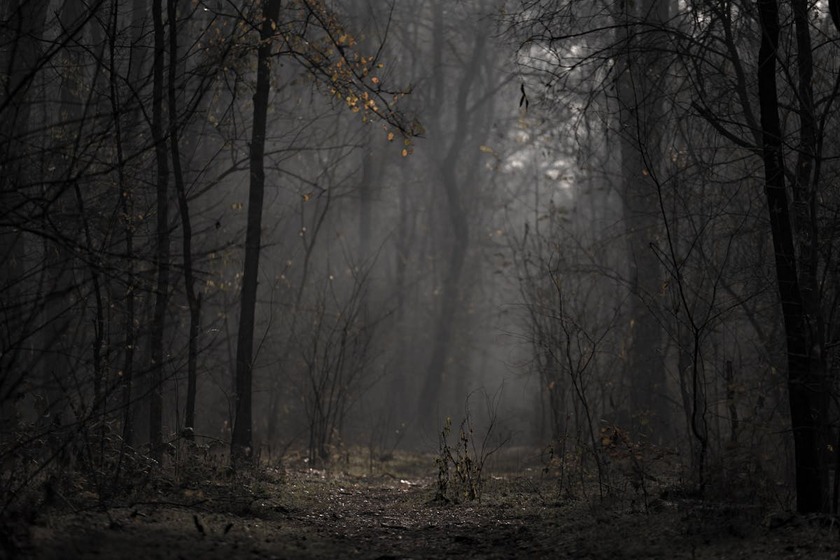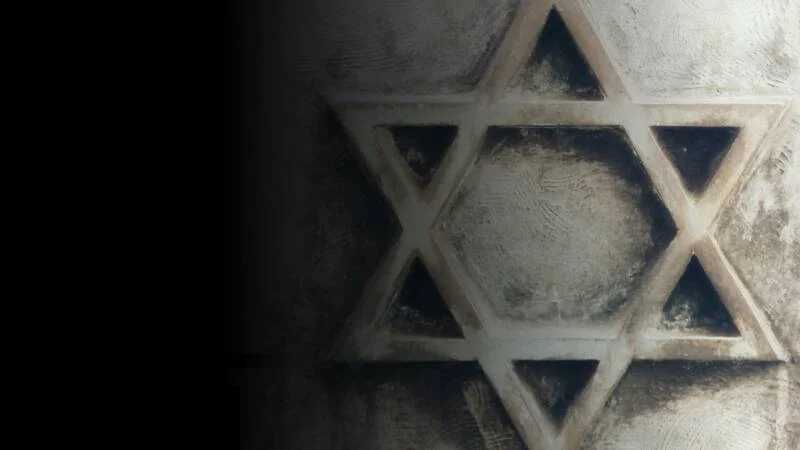He Could Barely Stand—So Christ Stood in Him: On the Terror and Tenderness of Holy Ground in a Humble Novus Ordo
I think I just witnessed a priest go into ecstasy during the Holy Sacrifice of the Mass. And to humble my pride—it was a Spanish Novus Ordo.
The priest had advanced Parkinson’s or something debilitating. He could barely walk without the heavy support of two altar servers—big men—at his side. Before Mass, they had to physically hoist him out of the confessional. Small congregation; thirty people, max!The Mass lasted two and a half hours! I would’ve been OK if it lasted eight hours. No peasantry per se. Just raw, unfiltered reverence. And to think, I was secretly planning on not attending today due to back pain as I felt sorry for myself.
He reminded me of a mixture of Fr. Stu, Padre Pio, and St. Josemaría Escrivá—but he was entirely his own.
He was both deeply traditional and profoundly charismatic at the same time—a paradox made flesh.
He wore a maniple—an unmistakable sign of tradition, of solemnity, of a priest bound to the altar in sacrifice. And yet, from the pulpit, he was a jolly, rambunctious child. He preached with fire, with tears, with laughter. He joked freely, his voice rising and falling with emotion, utterly unguarded—as if he had forgotten himself entirely in the presence of God.
He whispered the entire Roman Canon—barely audible—yet savored each word like it was the rarest feast. And when he reached the part where he invoked each saint, he didn’t just recite their names. He greeted them. One by one. As though they stood before him, face-to-face.
Every action he performed required the steady hand of an altar server—grasping the Gospel, reaching for the chalice, genuflecting. But during the consecration, he held up the Lord on his own.
His face nearly glowed during the consecration. And somehow, he was casual—not irreverent, but casual in the way a man is when speaking to someone he has loved intimately for a lifetime. He never broke his canonical digits after the consecration—his fingers held in reverence for the Eucharist—but he was still personable with every person he made eye contact with.
I was so deeply moved by his presence. I’ve never experienced anything like it. And yet, I could barely understand one in three words of the rapid Cuban(?) Spanish he spoke. But my heart was going to burst. I’m still so overwhelmed.
I almost feel like this experience is too sacred to even type out. Such love.
He refused to allow any extraordinary ministers of Holy Communion, insisting he alone would distribute the Eucharist. But each person who came forward wasn’t just receiving Communion—they were having an encounter. A moment uniquely personal, yet equally shared. And the priest himself seemed just as mesmerized as everyone else.
Every time he lifted the Eucharist, he gazed at HIM as if it were his first time—beholding Christ anew. I dared not to present myself for communion—not out of shame but awe—I wanted to remove my shoes.
And then—when the altar boy passed by with the crucifix—he began to weep. He looked at it as if he were standing at the foot of Calvary.
I know a priest’s personality should disappear into the liturgy—that we should not be distracted by him. But this was a holy distraction. Like an icon-drenched church where beauty itself lifts the soul to God. It was as if he had become one with Christ, reflecting some unique ray of the Holy Spirit.
I don’t know how to put it into words.
I sobbed.
I could still cry just thinking about it.
Even now, I feel—off. My heart wants to leap out of my chest. My blood pressure must be high or low or something, because I don’t feel normal.
I want just a drop of his holiness. Because for him, the Saints, Our Lady, and Our Lord weren’t abstractions—they were as real as the altar servers, the people in the pews, the very air he breathed.
And I want that.
Or at least—I want to want that.
That priest didn’t just say Mass; he became the altar, and Christ’s uncreated energy shone through him unfiltered.
He whispered the Canon, and the Heavens roared.



